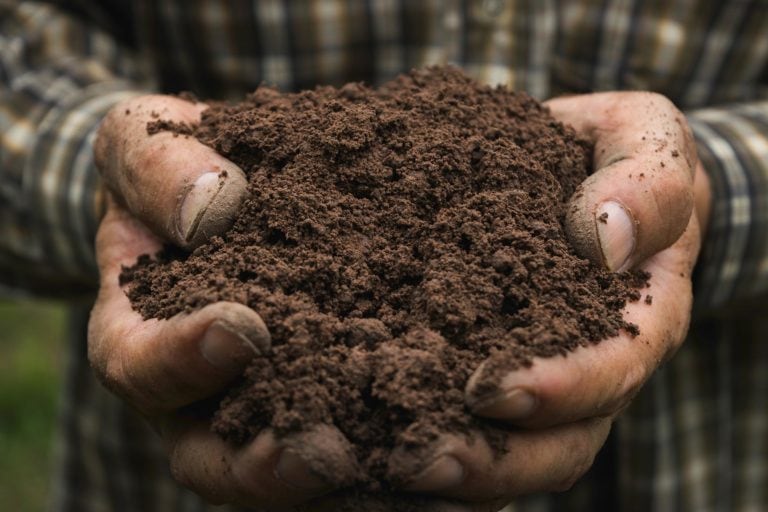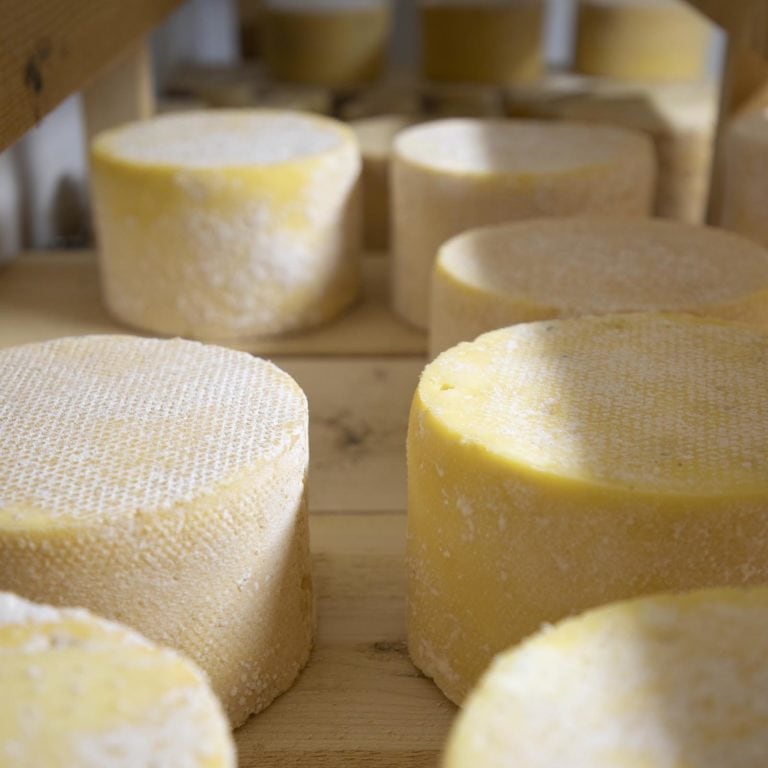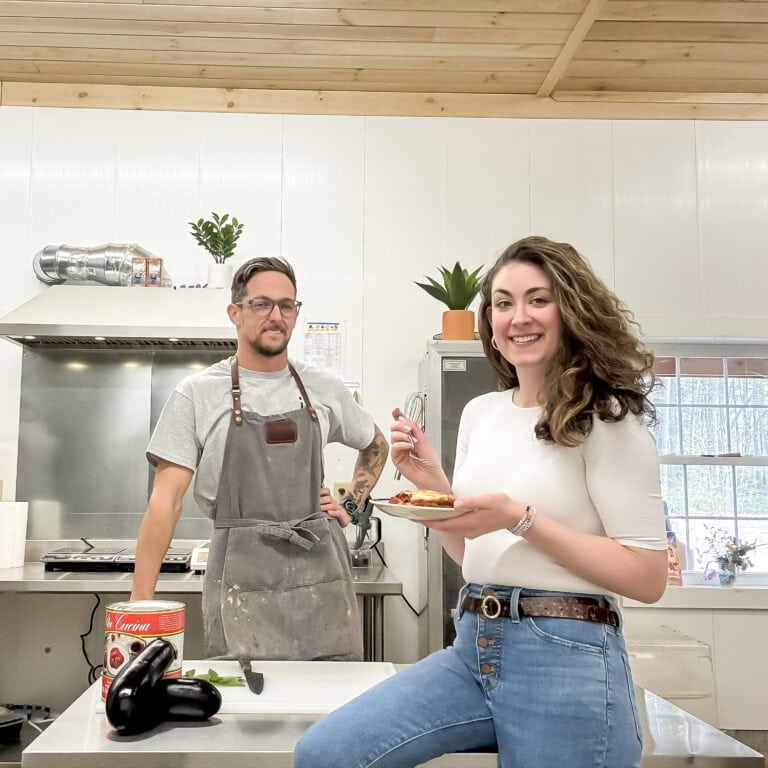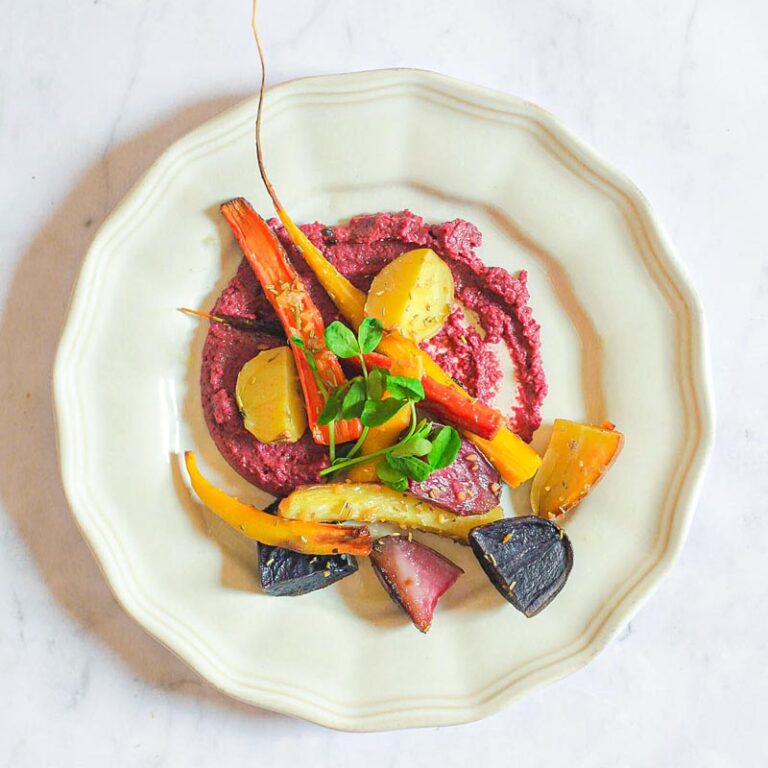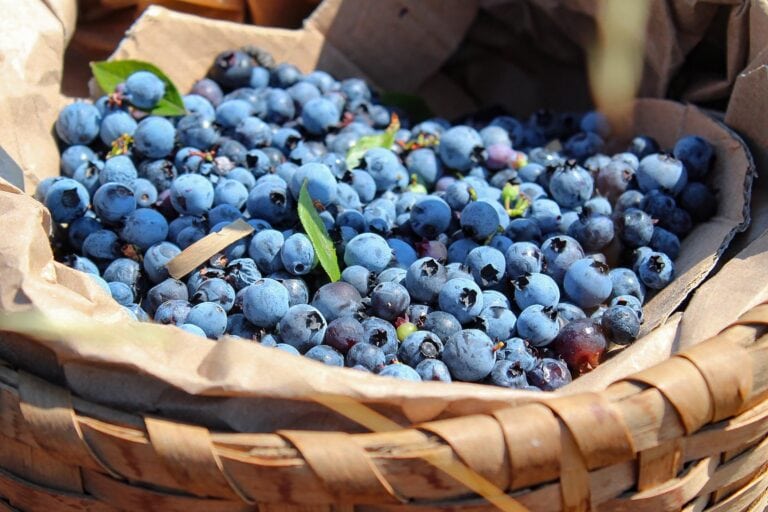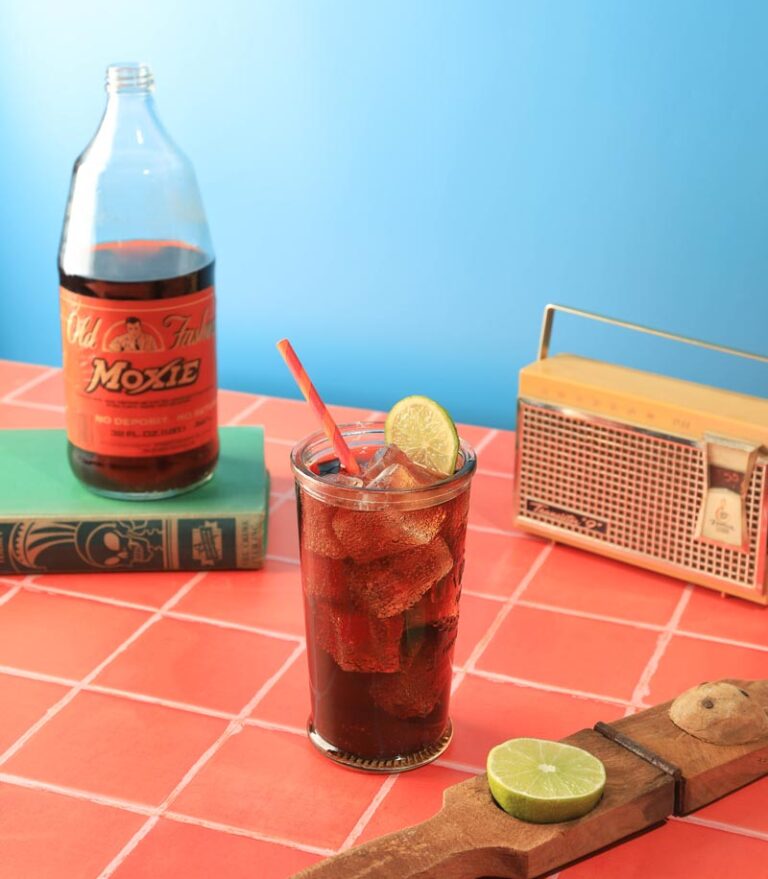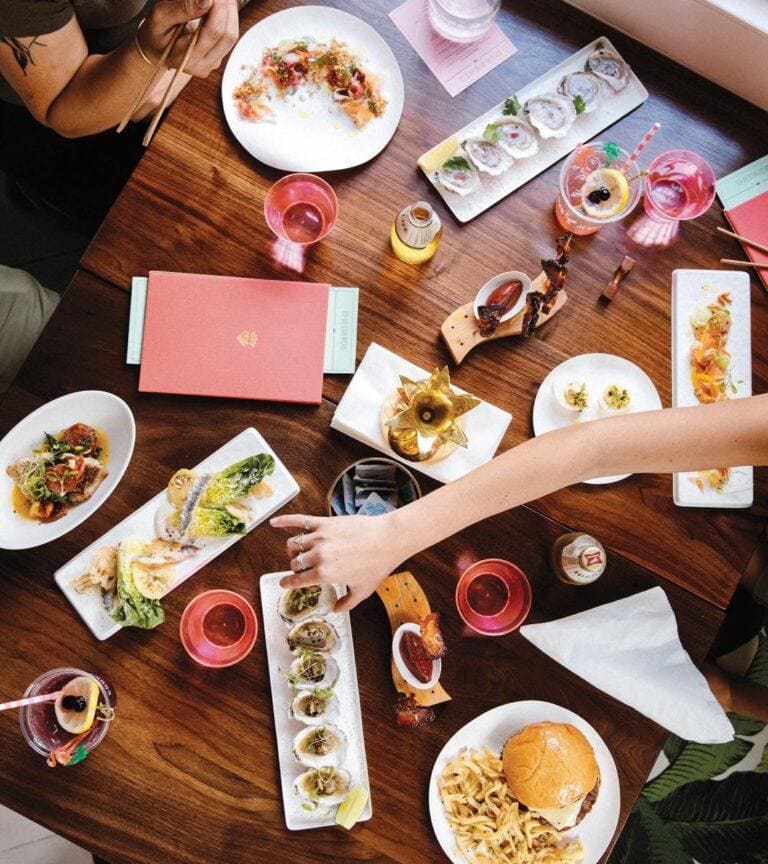In this new addition to edible MAINE, Chef Josh Berry answers readers’ questions about techniques, ingredients, flavor profiles, kitchen tools, or anything that might make your culinary journey more fun and satisfying. For the inaugural column, Chef pulls from 30 years of experience to share seven tips that will enhance your acumen as a home cook and elevate your results. For a chance to have your questions answered in a future issue, send an email to josh@ediblemaine.com.
- Use Thermometers! Home ovens are rarely the temperature the screen shows, which can mess up baked goods that require precise cooking temps. Using an oven thermometer displays the oven’s actual temperature, removing the guesswork from cooking times and giving consistent results. To measure the precise internal temperature of meats, eggs, and poultry, a probe thermometer is necessary for two reasons. First, a medium-rare steak can jump to well done rather quickly. Second, safety is important! A probe thermometer lets you know when the internal temperature has passed 165 degrees, which ensures you’ve killed the bacteria that can cause foodborne illness.
- Season Your Tomatoes! Any chef that has ever worked for me knows this is one of my standard tips. Mother Nature does the hard work of growing a magnificent product—we just have to season it. Tomatoes have a high water content, and salting them pulls extra juice away so you can enjoy their full flavor. Season when using raw tomatoes in salads, sandwiches, etc., not if you’re cooking them. If you are working with a lot of tomatoes, take it a step further: Capture and strain the seasoned tomato water to add an extra concentrated boost to a sauce, soup, or Bloody Mary.
- Toast Seeds and Nuts! This simple step unlocks so much flavor and adds texture to your dish. Add seeds or nuts to a dry skillet over medium heat (or you can toast them in a 350-degree oven) and watch closely until they become fragrant and slightly golden. They can burn very quickly, so don’t get distracted while they toast.
- Don’t Pit Your Pots! Adding salt into cooking water before it is boiling can pit the bottom of your pots—especially stainless-steel ones. Simply add the seasoning salt once the water is boiling.
- Use Parchment Paper to Store Cheese! You love cheese. Cheese is expensive. Don’t store it in plastic. Cheese needs to breathe, and wrapping it in plastic traps moisture-making mold inside, which will be very happy to grow. I prefer storing cheese in parchment paper, but you can also use a glass container and keep one corner of the lid lifted for air exchange.
- Buy a Chest Freezer! Investing a few hundred dollars in a small chest freezer can save you much more than that on annual food spending. For instance, the day after Thanksgiving, turkey prices are dramatically reduced—buy one for next year. Love ribs for the 4th of July? Spend half as much by buying in April rather than waiting until the 3rd. This also allows you to support local farmers by buying into a cow or pig share, and you can store cuts for months.
- Measure with a Food Scale! This may make the math haters out there squirm, but it’s time to weigh your dry ingredients, not fill cups and teaspoons with arbitrary amounts. (Using standard measuring cups for liquids is fine.) Precision, especially in baking, makes the difference between exceptional and meh. Measuring also allows for consistent results. Don’t fret—it’s easy to find an online conversion chart that changes cups to grams for you. Ensure you tare (or zero) the scale before weighing, set the scale on an even surface, and clean it often—dried-on food will mess up the weight.








